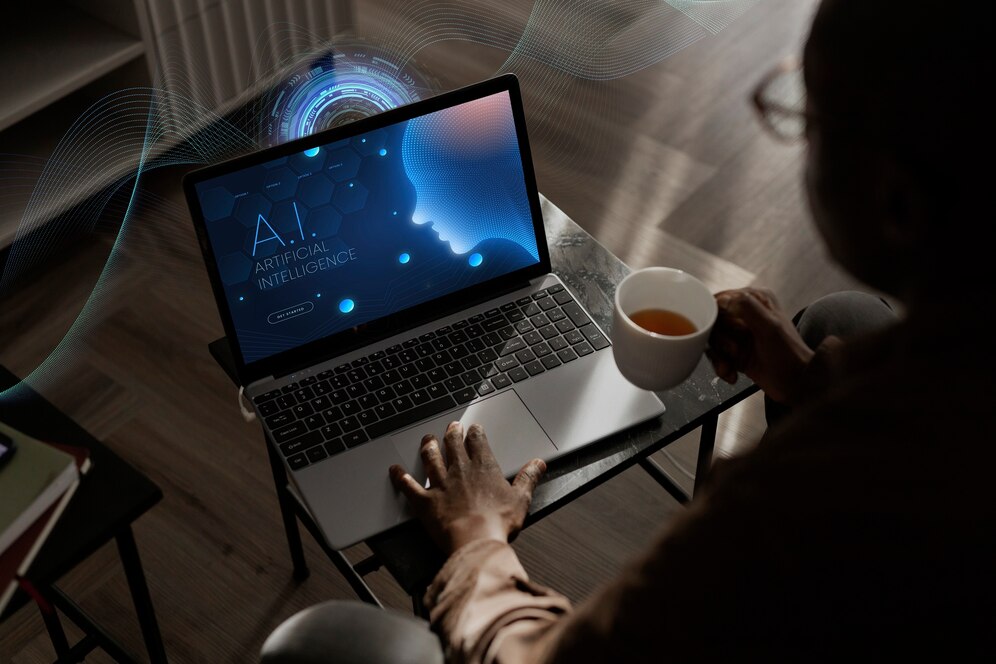The legal world has long been synonymous with labyrinthine research processes. Lawyers spend countless hours navigating mountains of case law, statutes, and regulations, often with diminishing returns. This not only hinders productivity but can also impact the quality of client service. However, a new dawn is breaking. Artificial intelligence (AI) is rapidly transforming the legal landscape, and its impact on legal research is nothing short of revolutionary.
This blog post dives into the transformative power of AI in legal research. We'll explore how AI-powered tools are acting as Ariadne's thread, guiding lawyers through the legal maze and empowering them to deliver exceptional client service.
Unveiling the Hydra of Challenges in Traditional Legal Research
Traditional legal research presents a multi-headed beast of challenges for lawyers:
- Information Overload: Legal databases are constantly expanding, creating a deluge of information. Identifying the most relevant sources quickly amidst this data sprawl can be a Sisyphean task.
- Time Constraints: Lawyers often operate under tight deadlines, leaving little room for in-depth research. This time crunch can lead to missed precedents or overlooking crucial legal arguments, potentially jeopardizing cases.
- Accuracy and Consistency: Manually combing through legal documents is error-prone. Inconsistencies in search terms can yield incomplete results, hindering the research process.
These challenges not only impact efficiency but can also compromise the quality of legal advice provided.
AI: The Slaying Sword for Legal Research Headaches
AI-powered legal research tools are emerging as the Excalibur for these challenges, offering a plethora of benefits:
- Supercharged Search Capabilities: AI leverages natural language processing (NLP) to understand the intricacies of legal language. This allows for more precise and targeted searches, leading to a higher yield of relevant legal materials.
- Automated Document Dissection: AI tools can dissect vast amounts of legal documents, extracting key information and identifying patterns. This saves lawyers countless hours spent manually reviewing documents and allows them to focus on more strategic tasks.
- Prophetic Legal Analytics: AI can analyze past legal decisions and identify trends. This provides lawyers with valuable insights into potential case outcomes, enabling them to develop more effective legal strategies.
- Citation Verification and Upkeep: AI-powered tools can automatically verify the validity of citations and identify subsequent court decisions that may impact legal precedent. This streamlines the process of ensuring legal arguments are based on the latest rulings.
- Personalized Research Companions: AI-powered research assistants can learn from user behavior and preferences, offering increasingly relevant results over time. This level of personalization can significantly enhance research efficiency.
Unveiling the Power of AI Tools: Practical Applications in Action
Let's delve into some of the practical ways AI is being used to streamline legal research:
- Case Analysis and Condensation: AI tools can identify key legal issues, analyze arguments presented, and condense case holdings. This empowers lawyers to quickly grasp the essence of a case and determine its relevance to their specific legal matter.
- Legal Issue Spotlighting: AI can scan legal documents and highlight sections that pertain to specific legal issues. This can be particularly valuable in complex cases with various legal considerations.
- Contract Review and Dissection: AI-powered tools can automate the review of contracts, flagging potential risks and inconsistencies. This expedites the contract review process and allows lawyers to focus on negotiating more favorable terms for their clients.
The Future of AI in Legal Research: A Glimpse into the Crystal Ball
The integration of AI into legal research is still in its nascent stages, but its potential is as vast as the cosmos. As AI technology continues to evolve, we can expect to see even more sophisticated tools emerge, offering:
- Advanced Legal Language Comprehension: AI will become more adept at understanding legal jargon and nuances, leading to even more precise and relevant search results.
- Global Legal Research Capabilities: AI will be able to navigate legal systems across different jurisdictions, simplifying research for international legal matters.
- Real-Time Legal Updates: AI-powered platforms will provide lawyers with real-time updates on new laws, regulations, and case rulings, ensuring they stay ahead of the curve.
FAQ on AI and Legal Research: Dispelling the Mist of Uncertainty
Q: Will AI replace legal research professionals?
A: No. AI is a powerful tool that complements legal research, not replaces it. Lawyers will still need their critical thinking skills and legal expertise to interpret AI-generated results and formulate legal strategies.
Q: Are AI legal research tools secure?
A: Security is paramount when dealing with sensitive legal information. It's crucial to choose AI tools from reputable vendors that prioritize data security and adhere to strict data privacy regulations.





Comments